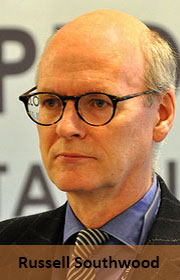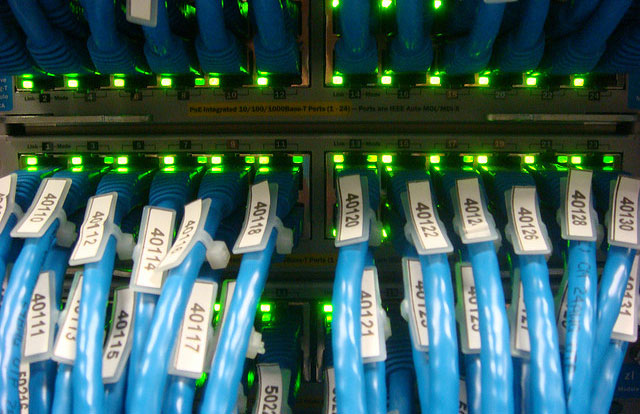 Liberalised markets create competition, and that means more operators. But the growing array of these voice and data providers can’t operate in isolation: they have to connect to each other. In Nigeria, Medallion Communications has stepped in to meet this need.
Liberalised markets create competition, and that means more operators. But the growing array of these voice and data providers can’t operate in isolation: they have to connect to each other. In Nigeria, Medallion Communications has stepped in to meet this need.
The larger and more complex markets in sub-Saharan Africa have anything from 50 to several hundred companies providing voice and data services. If you draw what it would look like for each one to connect individually to the other, you’d end up with a very messy ball of spaghetti.
In South Africa, independent data centre operator Teraco provides a “meet point” for operators, where traffic is exchanged in one central venue. Also, national Internet providers allow local data traffic to be exchanged between members, an increasingly important role as the volume of local African content grows. With cloud-based, value-added services on the rise, the situation will only get more complex.
Ike Nnamani returned to Nigeria from abroad in 2003 and by 2006 had set up Medallion Communications with a couple of friends. He had seen what had happened elsewhere and knew such services would be needed in Nigeria.
“The idea came from my experience in Canada and the US. All over the world, there are telehouses, which are the ‘meet points’ for the industry. For example, you have Telehouse in London and similar ones in the US.”
Mediallion provides four core services: interconnection between operators; a clearinghouse for interconnected calls; co-location in either private or ‘meet-me’ rooms; and an aggregation of value-added service providers (including bulk SMS aggregators, mobile money service providers, .ng servers, the Nigerian Internet Exchange and Google). It has almost every Nigerian carrier or operator of any significance as a customer.
All international fibre capacity is distributed through its facilities. It has two facilities, one on Victoria Island in Lagos and the other in Abuja. It has plans to set up facilities in other cities, including Port Harcourt, Enugu, Ibadan and Kano. These will be completed before the end of the year.
Its clearinghouse service creates independent call records for interconnected calls. Therefore, if there is a dispute between carriers, it can be settled on the basis of these records. “We charge per minute of the call and it’s at a cost base plus a rate agreed with the companies. It’s the same with data, but it’s megabytes instead of minutes.”

Voice traffic has increased by more than 1000% as more operators have come in and seen the need to share infrastructure.
This kind of facility is essential for the emerging online space in Nigeria using smartphones: “What we’ve done is make it cheaper and more efficient for them to operate. Firstly, Internet service providers can interface with the local Google cache and this saves a lot of money on international bandwidth, which is a major advantage.”
Also, Medallion has put in infrastructure to serve content to local carriers — and there’s lots of it. There’s also plenty of opportunities around the commercialisation of e-commerce.
These kind of “meet points” are essential for any market where operators need to interconnect. They will become essential hubs for serving local content and offering e-commerce services. A transition will take place in more mature African markets from individual “meet points” between operators to the creation of independent, trusted facilities of this kind. It’s another form of privately run, shared infrastructure that will save costs and time.
- Russell Southwood is head of Balancing Act Africa




